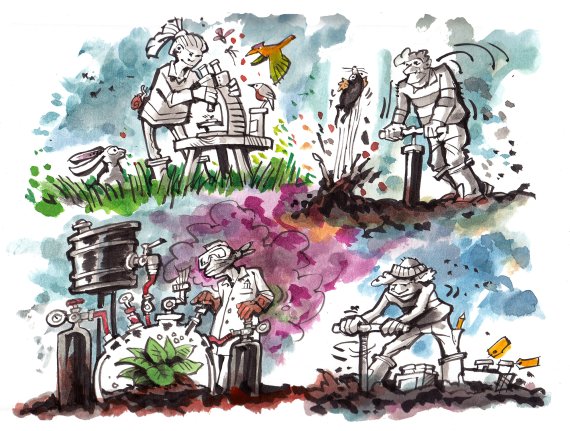illustration Henk van Ruitenbeek
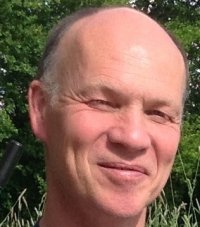
Jeroen de Klein
, Assistant professor of Aquatic Ecology & Water Quality Management, involved in developing the DIY course Trending Topics ‘In most of the programme, by a long way, the course content is predetermined. The curriculum would benefit a lot from students contributing a bit as well. It would stimulate them to take a more thorough look at the current and relevant environmental issues in the world around them. And – not least – a divergent type of course makes a nice change. In designing a course like this, the challenge for teachers will lie mainly in the fact that the themes to be addressed will only be decided just before the course starts. That leaves them little time for preparation.’
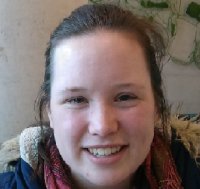
Dorette Kroeze, Bachelor’s student of Animal Sciences
‘I would like that, to put my own course together. Now, if I’m on a course I don’t enjoy it is difficult to stay motivated. I can imagine that it is more interesting if you decide on the content of the classes yourself. It would also be important to me to really delve deep in topic; it shouldn’t be too superficial. So I wouldn’t object to starting to look into it well before the course begins. At the moment my programme is still very broad so I can’t say yet what it lacks. You only know that towards the end of your degree programme.’

Sebastiaan Meeuwsen
, Master’s student of Earth and Environment ‘It sounds good to me: working with other students to come up with input on subjects which in the end you want to or will work on for the rest of your life. I’m going to take the course and I’m looking forward to it, even though I think it will be quite a job to reach a consensus. There as many different views as people in the group, of course. Anyway, I am going into it with an open mind and I hope to find kindred spirits. What I’d like most is to use the course as the run-up to my thesis, so I can do some of the spadework for that. But I gather that is not the idea behind the course.
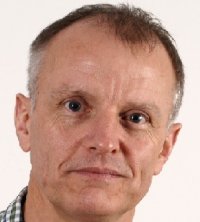
Rob Comans
, Chair of the programme committee for the MSc Earth and Environment‘Within the programme there was a strong wish to develop a linking course which forms a common thread running through the major in Biology and Chemistry of Soil and Water, giving it a clearer profile. The teachers who came up with this idea were full of enthusiasm, and that is infectious. The original setup has both nice and challenging sides to it, but concerns have been expressed in the programme committee as well. If you give the students total freedom to choose the subject of study, the teachers can only start organizing the course just before it starts. Given the already heavy workload in education, that could be a problem. Together we have decided: let’s go for it and make a success of it. After the first year we will see what went well and what went less so, and we can adjust the way we run the course if necessary.
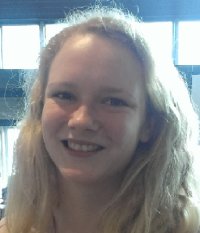
Roos Ottink
, Master’s student of Earth and Environment ‘I only have my internship and thesis still to go, so I am not taking any more courses. Pity, because I would have enjoyed deciding for myself what I want to learn about. There are so many subjects I would like to know more about. The influence of the melting icecaps on ocean currents, for instance. That came up during the programme but I would have liked to go into it in more depth. So if you can be taught by some of the best teachers in that field, then yes, that sounds good. The teaching material we work with now has often been in use for years; it is nice to tackle a really current issue. One small criticism could be that the course will now be taught for the first time, yet it has already been made compulsory. Is the quality really good enough?

Jessica Duncan, Assistant professor Rural Sociology Group
I think it’s very exciting. It has the potential to empower students and to get them more invested in their studies. This will surely inspire already motivated students, and that’s always a good thing. These teachers are clearly passionate, but also brave. Teaching such a course will certainly require a great deal of active engagement. I am very curious to see how it goes. I am not sure how well such a structure would work for the kinds of courses I teach. I would assume a strong disciplinary basis is important to the success of such a course, not only to be able to select appropriate themes and material, but also to process it. My students come from diverse disciplinary backgrounds. I am not sure they would know where to start. If we had a dedicated group of students with a strong sociology background, I would be curious to give it a try.

Thalia Slier, Master’s student of Earth and Environment
‘The course is compulsory for me, but I am very enthusiastic. It is a nice, interactive way of teaching. We will be tackling topics which are trending now, and that makes it challenging and interesting. What I would like is to cover issues that are not right in our field but do have an impact on it, such as Trump’s policy and his attitude to climate change. That doesn’t get mentioned in lectures at present. I don’t mind starting to work now on a course that will only be taught in period 6. That challenges you to follow the news and read the papers in a different way.’

